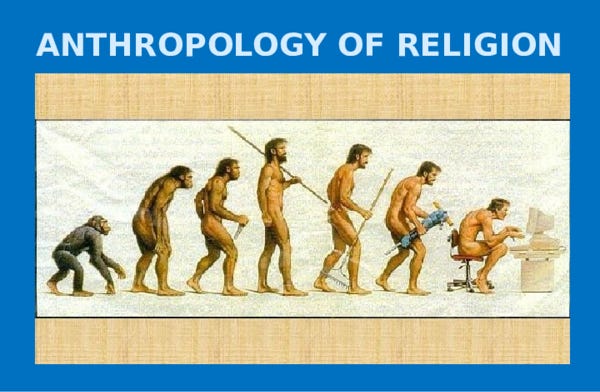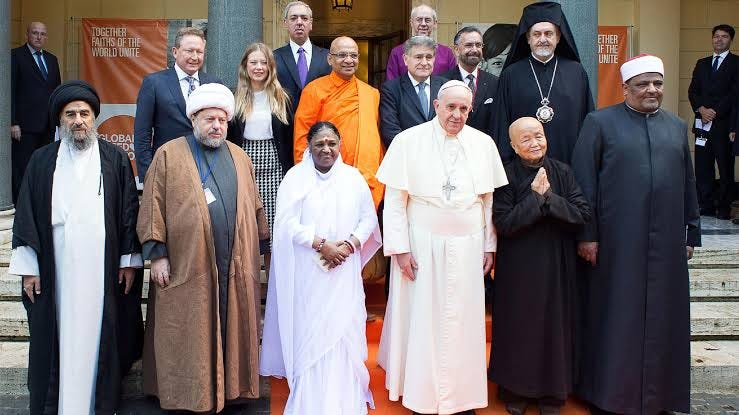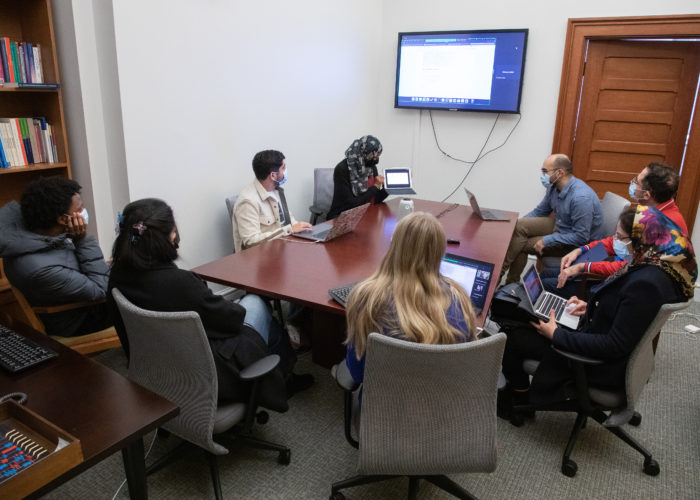Religion and Beliefs: A Comprehensive Exploration
Religion and belief systems have been central to human civilization for centuries, shaping societies, influencing moral codes, and providing a framework for understanding the mysteries of existence. From the earliest tribal traditions to the major world religions of today, these systems of thought have evolved, adapted, and interacted in ways that reflect the complexity of human culture. This article delves into the nature of religion and beliefs, their historical significance, and their role in contemporary society.
What Is Religion?
Religion is often defined as a structured set of beliefs, practices, and rituals centered around the worship of a higher power or deity. However, its essence extends beyond worship. Religion encompasses the stories, symbols, and traditions that offer meaning to human life, explaining phenomena that are beyond the realm of empirical understanding. It addresses profound questions like: Where do we come from? Why are we here? What happens after death?
Belief, on the other hand, is broader and not necessarily tied to religion. Beliefs represent the convictions and principles individuals hold, whether they stem from spiritual teachings, cultural traditions, or personal experiences. While religion often codifies belief into systems, beliefs can exist independently, manifesting in secular ideologies, philosophies, and worldviews.
The Evolution of Religion
Religion has been a part of human history since prehistoric times. Early humans worshiped natural elements like the sun, moon, and water, attributing divine qualities to forces they could not control. These animistic traditions laid the foundation for more organized religions.
As societies grew more complex, so did their religious structures. Ancient civilizations such as those in Mesopotamia, Egypt, and India developed intricate pantheons and rituals. Polytheistic religions, which recognize multiple gods, dominated this era. For example, the ancient Egyptians worshiped deities like Ra, Osiris, and Isis, while the Greeks and Romans revered Zeus, Athena, and Apollo.
The rise of monotheism marked a significant shift in religious thought. Judaism, emerging around 2000 BCE, introduced the idea of one omnipotent and omnipresent God. This concept influenced Christianity and Islam, two of the world’s largest religions today. These Abrahamic faiths, along with other traditions like Hinduism and Buddhism, have shaped much of human civilization through their teachings, rituals, and cultural impact.

Key Themes Across Religions
Despite their diversity, most religions share common themes:
-
Sacred Texts and Teachings:
Religious texts serve as the foundation of many faiths, offering moral guidance and spiritual wisdom. For instance, the Bible in Christianity, the Quran in Islam, the Torah in Judaism, and the Vedas in Hinduism provide insights into their respective beliefs and practices. -
Rituals and Worship:
Rituals, whether daily prayers, seasonal festivals, or life-cycle ceremonies, connect individuals with the divine. These practices reinforce community bonds and cultural identity. -
Ethics and Morality:
Religion often dictates moral codes, guiding adherents in making ethical decisions. The Ten Commandments in Christianity and Judaism, the Five Precepts in Buddhism, and the concept of dharma in Hinduism illustrate how religions shape human behavior. -
Afterlife and Salvation:
Beliefs about the afterlife and the concept of salvation are central to many faiths. Christianity and Islam emphasize heaven and hell, while Hinduism and Buddhism focus on reincarnation and the attainment of enlightenment or moksha.
Religion and Society
Religion has profoundly influenced human society, shaping laws, governance, art, and education. It has been a source of inspiration for literature, architecture, and music, producing iconic creations such as the Sistine Chapel, the Taj Mahal, and the poetry of Remi.
However, religion’s influence is not always positive. Throughout history, religious conflicts have caused wars, persecutions, and divisions. The Crusades, the Thirty Years’ War, and more recent sectarian violence are reminders of how religious differences can lead to strife.
Despite these challenges, religion remains a force for good in many ways. Faith-based organizations often spearhead humanitarian efforts, providing aid, education, and healthcare in underserved communities. Religious teachings also inspire individuals to act with compassion, kindness, and integrity.

Belief Beyond Religion
Not all beliefs are rooted in organized religion. Secular belief systems, such as humanism, existentialism, and even political ideologies, play a significant role in shaping individual and collective values. For instance, humanism emphasizes the inherent dignity and worth of every individual, promoting ethical decision-making without reliance on divine authority.
Atheism and agnosticism are also important perspectives in the discussion of beliefs. Atheists reject the existence of a deity, while agnostics maintain that the existence of a higher power is unknowable. These positions reflect the diversity of thought within modern society, showcasing how beliefs can be deeply personal and varied.
Religion in the Modern World
The role of religion in contemporary society is multifaceted. On one hand, globalization has fostered interfaith dialogue, promoting mutual understanding and respect. Organizations like the Parliament of the World’s Religions bring together leaders from various faiths to address global challenges collaboratively.
On the other hand, modernity has brought challenges to traditional religious structures. Scientific advancements have raised questions about the literal interpretations of sacred texts, while secularism has grown in many parts of the world. Countries like Sweden, Japan, and the Netherlands have seen a decline in religious affiliation, with more people identifying as spiritual but not religious.
At the same time, religion remains a powerful force in many regions. In parts of Africa, the Middle East, and South Asia, faith continues to shape politics, education, and societal norms. The resurgence of religious identity in some areas reflects a response to the uncertainties of modern life, offering individuals a sense of stability and purpose.

The Intersection of Religion and Technology
The digital age has transformed how religion is practiced and perceived. Online platforms allow individuals to access religious teachings, participate in virtual worship, and connect with like-minded communities. Social media has become a space for interfaith dialogue, as well as a battleground for debates on religious issues.
Technology has also sparked new ethical questions. Topics like genetic engineering, artificial intelligence, and climate change challenge religious institutions to reinterpret doctrines in light of modern realities. The intersection of religion and technology is a dynamic area that will continue to evolve.

The Future of Religion and Beliefs
As humanity progresses, the landscape of religion and beliefs will undoubtedly change. Increased globalization and interconnectivity are likely to foster greater understanding among different faiths. However, challenges such as extremism, religious intolerance, and the erosion of traditional practices may persist.
The future may also see the rise of new belief systems, influenced by advancements in science and technology. Concepts like transhumanism, which explores the integration of humans with technology to transcend physical and mental limitations, already challenge traditional notions of spirituality and existence.




You must be logged in to post a comment.